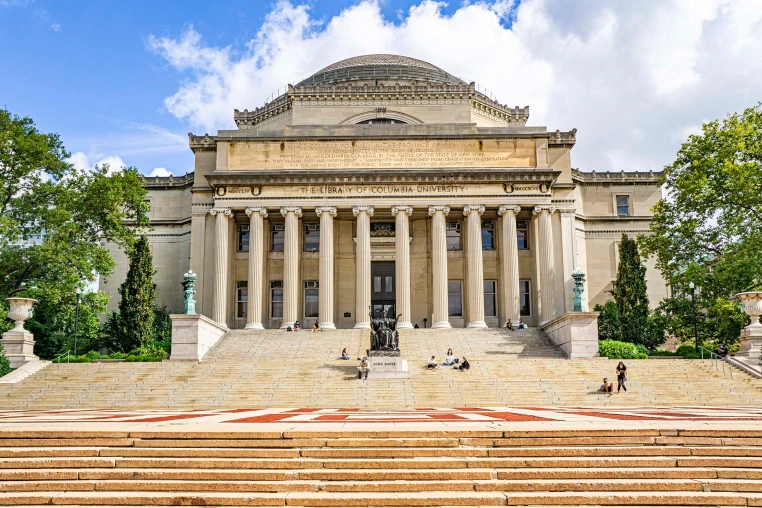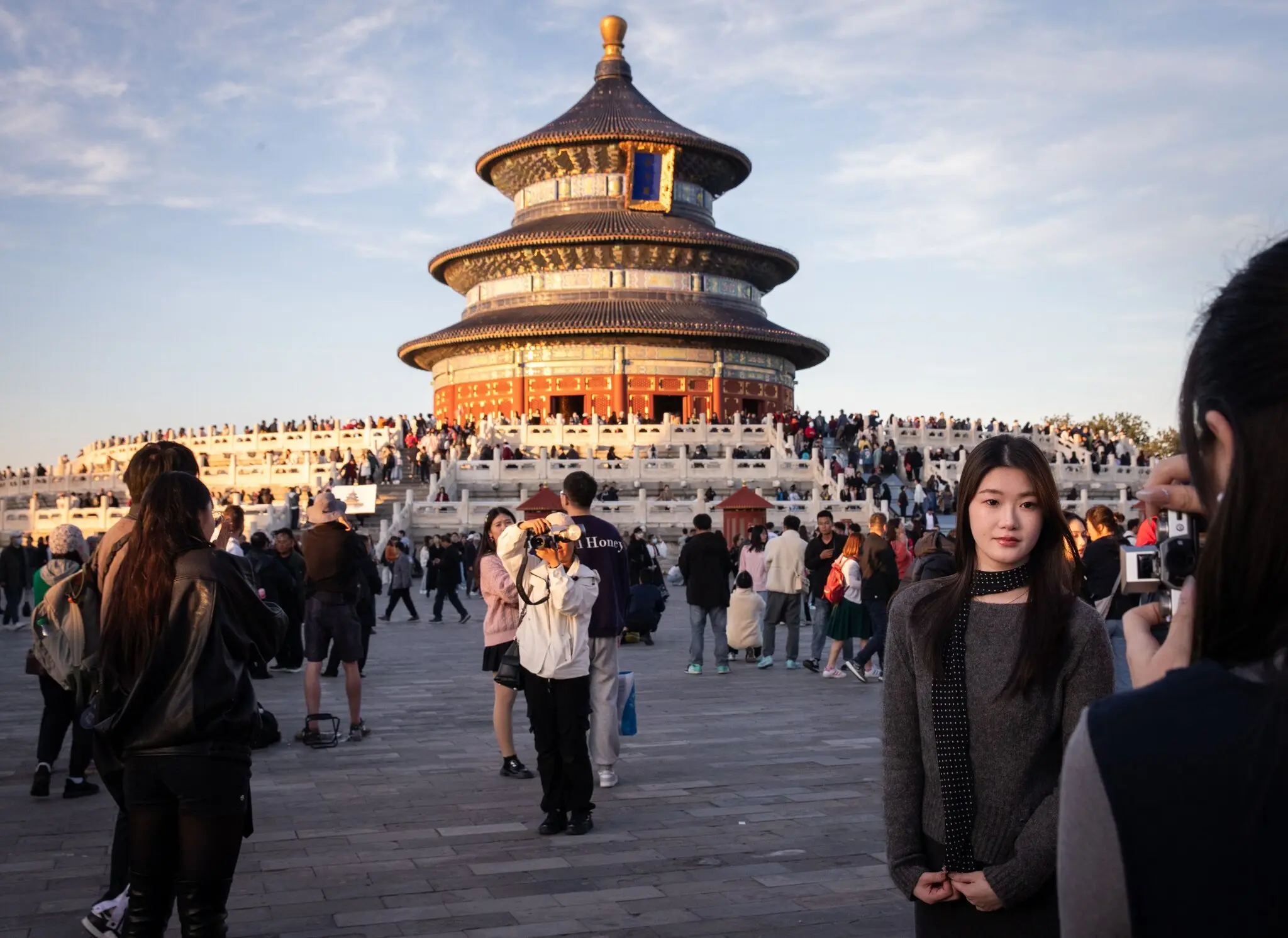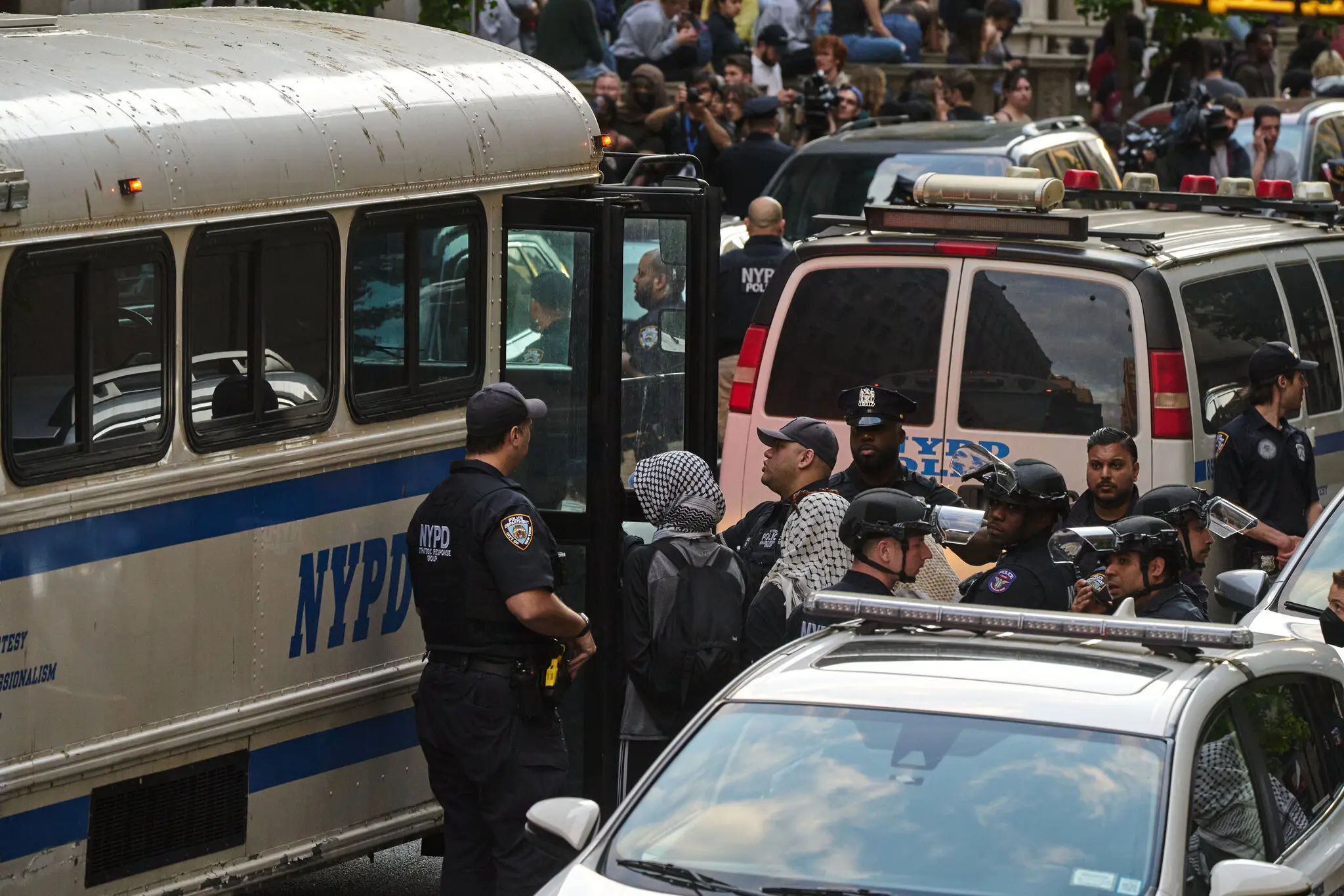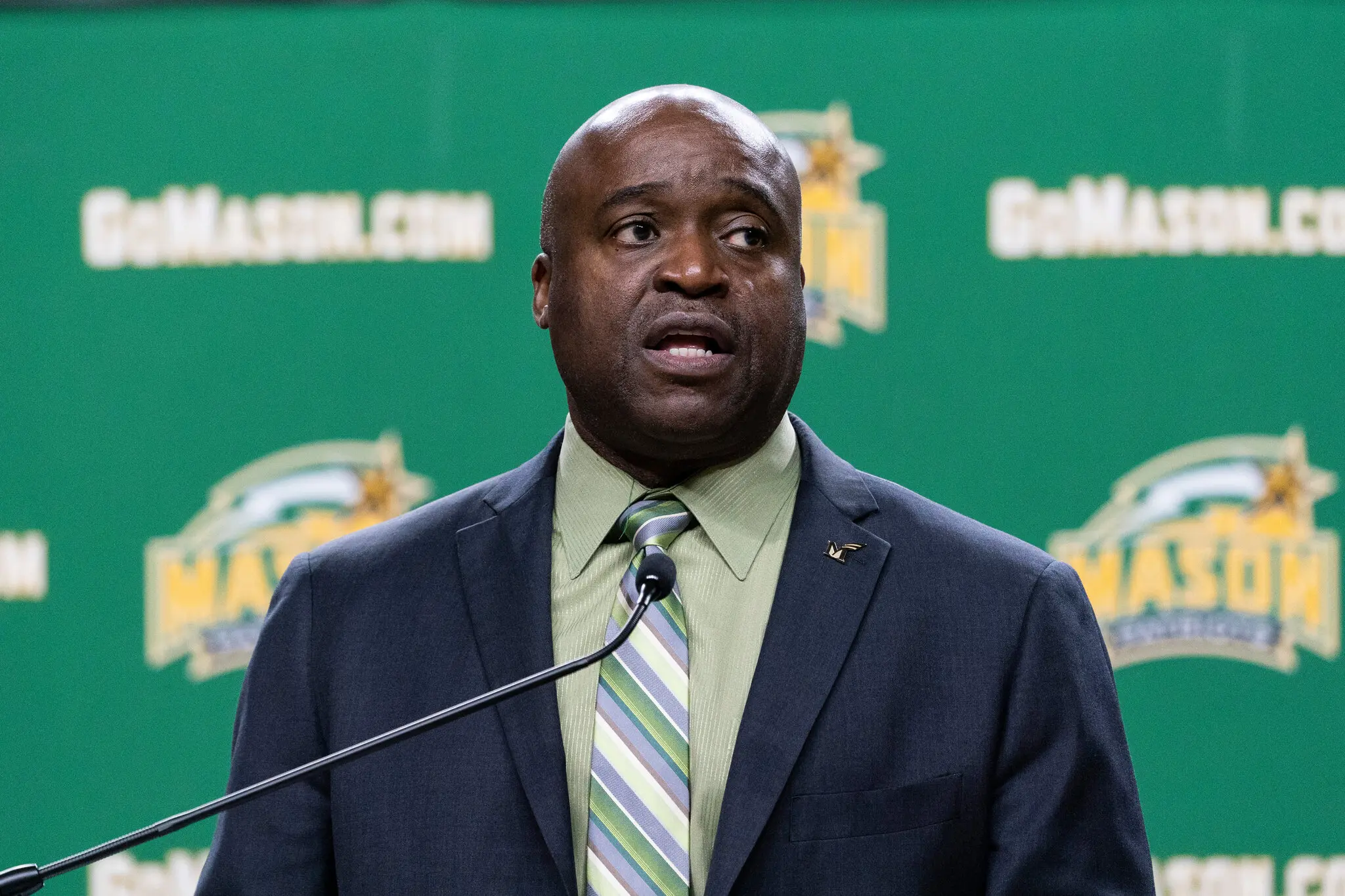Columbia University Strikes $200M Settlement to Restore Trump‑Era Federal Funding
Columbia agreed to pay more than $200 million to the Trump administration to reinstate suspended grants and resolve investigations into antisemitism and employment violations, while committing to broad institutional reforms.
Columbia University has reached a landmark settlement with the Trump administration, agreeing to pay $200 million over three years plus an additional $21 million to resolve Equal Employment Opportunity Commission investigations, in exchange for the reinstatement of most of the $400 million in federal research funding that was rescinded earlier this year Columbia also regains access to billions more in current and future NIH and other grants after months of intense scrutiny and negotiation The dispute emerged from the university’s response to antisemitic harassment and campus unrest during the pro‑Palestinian protests of spring 2024, which federal officials said amounted to a failure to protect Jewish students and created civil rights violations under Title VI and Title VII of the Civil Rights Act As part of the agreement Columbia committed to a range of reforms demanded by the administration in March, including a ban on DEI‑based hiring and admissions practices, structural changes within its Faculty Senate, disciplinary revision, and viewpoint diversification in Middle Eastern studies curricula Under the terms of the agreement Columbia did not concede liability, but did agree to appoint a university administrator to oversee compliance and to submit regular bi‑annual reports to an independent monitor jointly selected by both parties—retired U. S. Attorney Bart M.
Schwartz Acting President Claire Shipman described the deal as a resolution to a period of “institutional uncertainty” and emphasized that it restores clarity and funding essential to Columbia’s research mission, while preserving autonomy over academic speech, hiring, and admissions decisions The administration emphasized that the settlement is a model for other universities, with Education Secretary Linda McMahon citing Columbia as an example for institutions seeking to regain public trust and accountability following the broader campaign against antisemitism and DEI programs Critics—including faculty associations and student activists—warn that the agreement may chill free expression and academic freedom, pointing to provisions that require Columbia to eliminate race‑based criteria, restructure disciplinary processes, suppress pro‑Palestinian activism groups, and adopt an official definition of antisemitism—which some say conflates criticism of Zionism with antisemitism In the lead‑up to the settlement Columbia had already taken actions including more than 70 student disciplinary sanctions over spring protests, a ban on face coverings at demonstrations, hiring additional officers with arrest authority, and appointing new leadership over Middle Eastern and Jewish studies programming For months, Columbia remained the first and most visible target in President Trump’s aggressive higher education strategy, which included pausing nearly $1. 3 billion in federal research grants across elite universities including Harvard, Brown, University of Pennsylvania, Cornell and Northwestern Columbia’s agreement may set a precedent for institutions facing similar pressure; Harvard has chosen to fight its funding cuts in court rather than settle, while others are reportedly in negotiations behind closed doors Experts warn that the settlement illustrates an expanded executive lever—tying institutional research capacity to compliance with ideological and policy demands—and may spur proactive changes across higher education on admissions, faculty hiring, DEI, and international student enrollment to avoid becoming targets As Columbia moves forward under compliance oversight, the case underscores an evolving dynamic in which federal funding authority is used as a mechanism of institutional influence, raising critical questions about academic freedom, university self-governance, and the future contours of federal–campus relations.
24th july 2025



